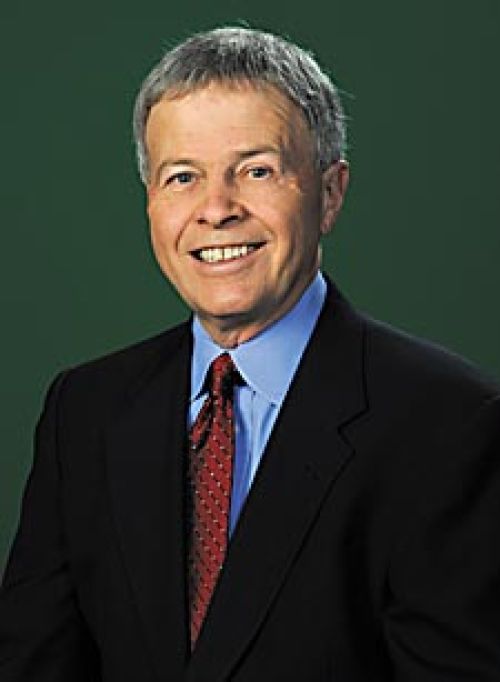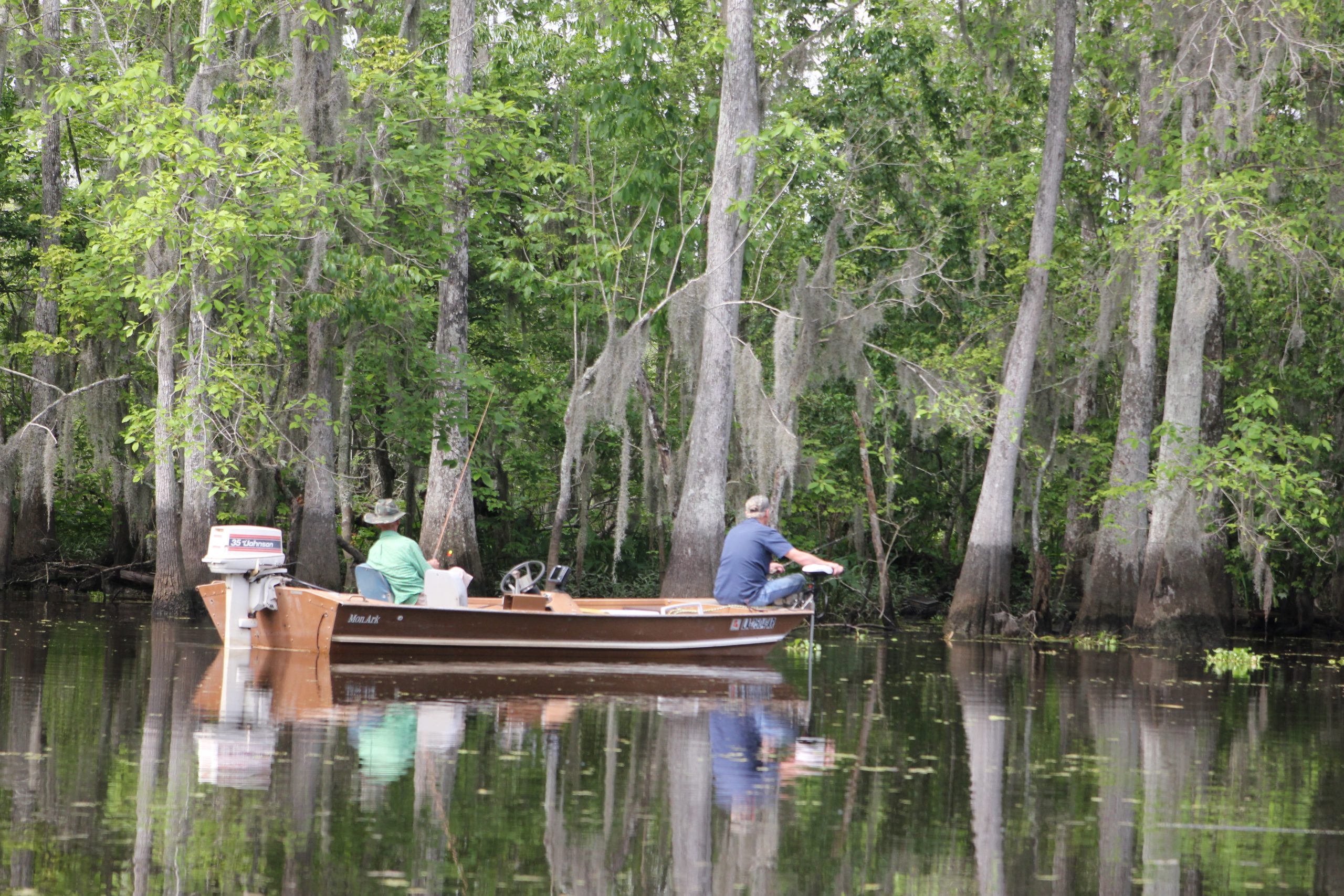Houma CVB taking applications for ’14
August 29, 2013
Officials pitch in after trawlers caught
August 29, 2013Some people will tell you the right mojo can ward off storms during hurricane season.
But some weather experts say it’s nature’s MJO – a weatherspeak acronym for Madden–Julian oscillation – that can make all the difference.
Sinking tropical air makes for a favorable environment, while rising tropical air does not.
So far this year the air has been rising, but soon it will start to sink. When that happens, Breck says, storms will begin firing up off the African coast, and the potential for a local hit is greater.
Breck explained the phenomenon last month at the Terrebonne Economic Development Authority’s annual banquet.
In an address peppered by quips that drew guffaws from the crowd, Breck presented some serious messages.
One was a reminder that the 2013 season is far from over. The other was a suggestion that when evaluating the potential impact of a given storm, forward movement of the tropical cyclone should be taken into account.
A stronger storm that is fast-moving can result in less flood damage than a weaker storm that lingers and moves slowly forward, Breck said, depending on the direction of its approach.
And those variables – coupled with new levees and floodgates throughout south Louisiana in the wake of 2005’s killer storm Katrina – could result in communities that traditionally stay dry becoming very wet.
Hurricane Gustav, which made landfall in Cocodrie, was a good example when compared with Hurricane Isaac in 2012, Breck said.
“Gustav was a strong Category 2 and projected to be a 4,” Breck said. “It was a much bigger storm than Isaac. We found out that Gustav was moving at a very fast pace with winds over 100 mph … The big difference was that fast movement made the surge not as bad as it could have been.”
Isaac, on the other hand, followed a circuitous track with a forward speed under 5 mph. Although the track was similar to that of Gustav, Breck said, the direction and speed of Isaac resulted in flooding of homes in LaPlace, a community that had rarely experienced floods.
“It is all about the forward speed,” Breck said. “If the storm is moving fast the water wont have time to build up. Later in September if it is a slow-moving storm, woe is us. We are likely to have significant storm surge. It all depends on what side of the track you are on.”
The lesson, Breck said, is that vigilance is required.
“Last year it was one part of our community, this year it will be another,” Breck said.
Recalling the devastation resulting from Katrina, Breck noted the number of cars that were flooded, many belonging to people who did not heed warnings to leave early from the path of a storm that killed more than 1800.
“Why did they stay behind? They said it is not going to happen to me, it is not going to happen to us. Well it can and it will.”
If a storm threatens, Breck said, the question to be answered is simple. Stay or go.
“If you plan to stay you have to have a second story, enough supplies for seven days and power,” Breck said. “If you don’t have those you can’t stay. This is not rocket science.”
While Terrebonne Parish is currently congratulating itself on bolstered levee protection, Breck noted that changes to the east, including higher levee walls in communities closer to the Mississippi River, could have an unforeseen impact on what limits those protections will be pressed to.
“With the heightened levees and gates, the water has to have somewhere to go,” Breck said, referring to storms moving in from the south or southeast. And likely that could be Lafourche or Terrebonne.”










